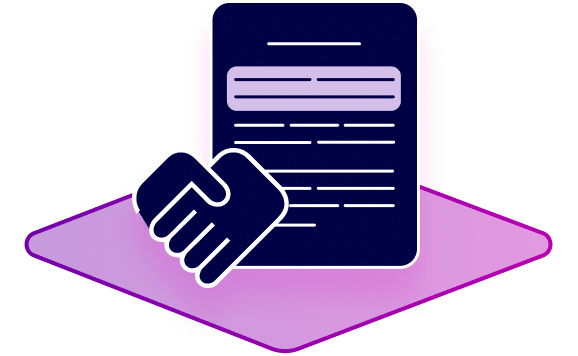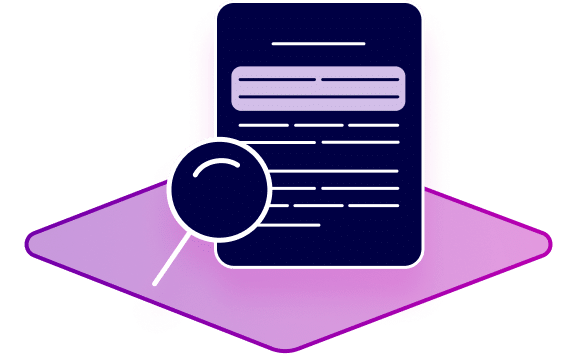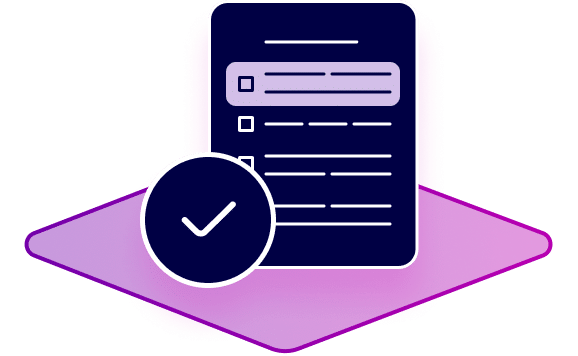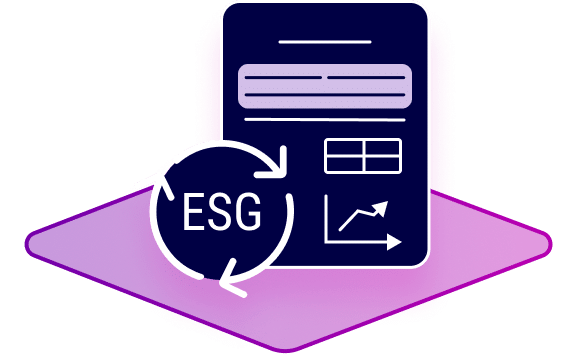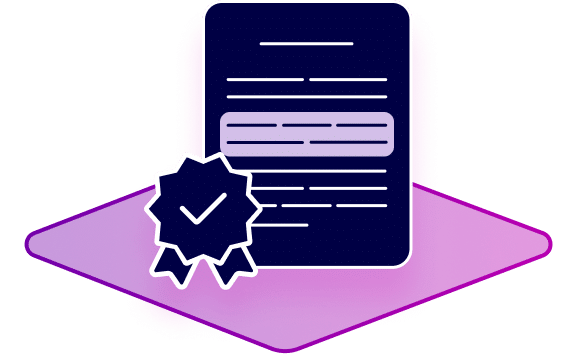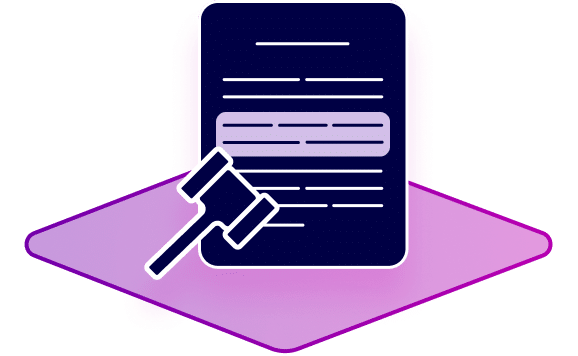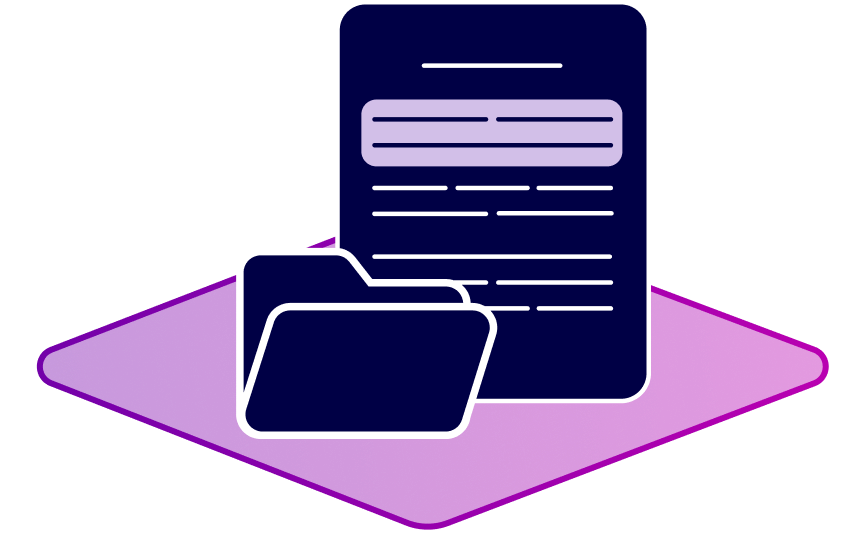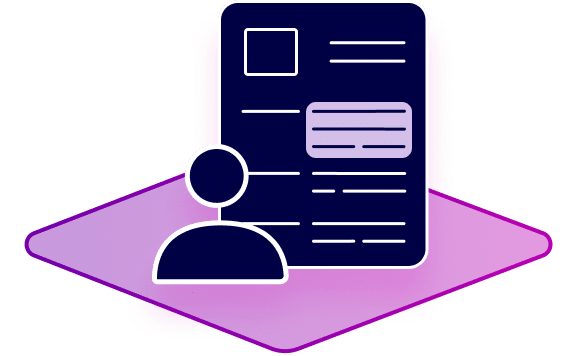
5 Reasons Why Companies Need Artificial Intelligence to Tackle ESG Reporting
Admittedly, the word “sustainability” is a bit worn, but it permeates all facets of our lives. [1] Legislators also continue to fuel this trend: around the world, we are seeing regulatory schemes being pushed to require companies to take social and environmental responsibility. In order to track and verify a company’s sustainability efforts, they are required to report on their corresponding activities. But that’s where companies run into the next difficulty: What are they arleady doing in terms of sustainability, and how can they prove it (with an audit trail)? Building comprehensive and accurate reporting is anything but easy (we highlight the background in our article ESG, Responsible Governance, and Artificial Intelligence). Numbers can often be easily obtained from ERP systems or similar, but what about qualitative data? Below, we discuss five reasons that illustrate the necessary use of artificial intelligence when building reporting.
1. Avoiding the looming penalties
Companies need Artificial Intelligence to avoid the risk of sanctions. This is because incorrect or incomplete reporting can result in fines or even imprisonment for the governing bodies or members of the supervisory board who are authorized to represent the company. However, there is not only the threat of state repression, but also liability towards the company – this can be avoided if decisions are made conscientiously and on the basis of appropriate information. In order to fulfill the criterion of an “adequate information basis”, the management must exhaust all sources of knowledge available to it, weighing up the costs and benefits. [2] For this, in turn, companies need the appropriate tools. This is exactly where the AI semantha® helps. The tool can be used to quickly and easily find relevant sustainability information from a large amount of unstructured text files.
2. Reducing the risk of loss of reputation
In addition to the risk of being sanctioned, the risk of reputational damage increases significantly. Not only investors ( particularly the modern venture capital investors [3]), but also society is paying increased attention to a company’s commitment to sustainability and social responsibility. Incorrect or concealed information can be more easily uncovered as a result of standardized reports. This also increases the risk of antitrust violations and corresponding legal attacks by competitors. Yet another reason to make sure the report is accurate and complete.
3. Addressing the skills shortage
Another aspect of why artificial intelligence is important for reporting is the lack of manpower (or womenpower, if you like). Almost all companies are struggling to find skilled and qualified staff – and when they do, the immediate question is whether there’s something more urgent than digging through never-ending PDFs. So it’s a matter of using the available personnel as efficiently as possible. With the help of semantha®, important know-how of experienced specialists can be easily digitized. In this way, this knowledge remains available to the company in the long term and is also accessible to future employees.
4. Attracting talents as a forward-thinking employer
Another reason for using artificial intelligence is the presence as a modern employer. Professionals are increasingly interested in contributing their working hours to a company that has implemented smart ways of working and is on the cutting edge of technology. Using Artificial Intelligence in daily work demonstrates a commitment to innovation and advanced technologies, which will attract talented professionals.
5. Saving money by increasing efficiency
Last but not least, Artificial Intelligence save costs and resources when creating reports. Manually sifting through and analyzing a large volume of documents for ESG reporting is time-consuming and costly. Artificial intelligence like semantha® speeds up this process and makes it more efficient. Automated processing of large amounts of data allows relevant information to be quickly identified and the reporting process to be streamlined. This leads to significant savings in time and costs for companies.
If you want to find out how much costs you can save with semantha®, and simplify your ESG reporting, gladly make an appointment with us.
References
- Zukunftstrends (2023): Die Megatrends – 12 Megatrends – die großen Treiber des Wandels.
- Bräutigam, P. & Habbe, J. S.: “Digitalisierung und Compliance – Rechtliche Herausforderungen für die Geschäftsleitung”. in NJW 2022, 809 – 816.
- Eleanor Warnock: Here’s what ESG term sheet clauses actually look like


